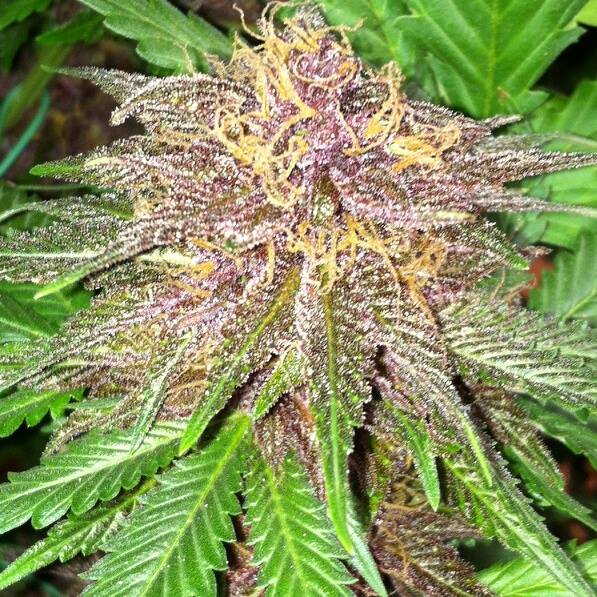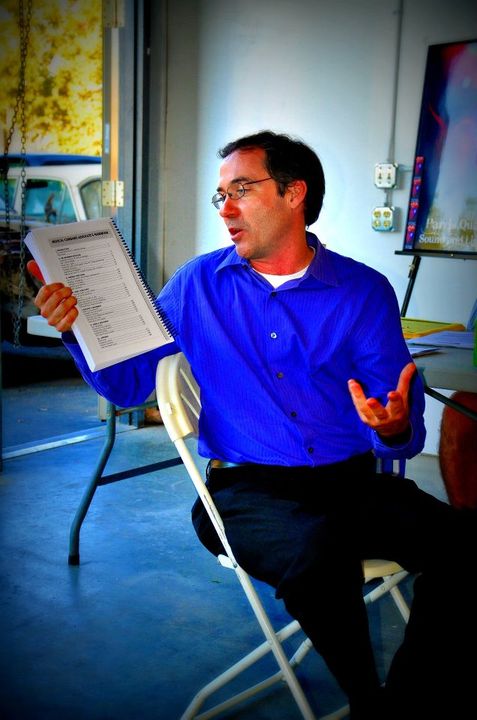From Dale Gieringer:
The latest O’Shaughnessy’s has some delightful nuggets, thank you. Your coverage of the anti-cancer potential of cannabis is admirably open-minded. The report on WAMM’s experiment was especially interesting; the results so far sure don’t make cannabis look like a miracle cure.
Jeff Hergenrather’s article overlooked the number one hazard of dabbing in my experience. That is the danger of passing out from an overdose. In the past couple of years, there have been repeated occasions in which 911 teams have had to be called in due to cannabis overdoses. At the NORML conference in LA, there were at least three different emergency calls due to use of high-potency cannabis extracts. I hear that 911 was also called a few times at the High Times cannabis cup two years ago. At the NORML party in LA, one person fainted and cracked his nose on the sidewalk. I know someone else, a beautiful lady my age who has been smoking pot since the ’70s, who fainted and broke her teeth on the floor after dabbing. Things like this never happened until the popularization of hash oil in recent years. The dangers are dire enough to merit a special warning. The best-authenticated case of a cannabis death in the literature —reported by Gabriel Nahas or Reese Jones as I recall— was of someone who collapsed and cracked their skull in the bathroom from a hashish overdose.
One myth that I challenge is that hashish candies were advertised in the Sears-Roebuck catalog. I have seen this alleged in books by Martin Lee and Keith Stroup, as well as the article on Chris Bennett in O’S p. 62. Some while ago I did a search of old Sears Catalogs, and the most I could find were brief one-line ads for cannabis indica tinctures in their pharmaceutical section. The Sears catalog didn’t begin until 1888. I am unaware of any advertisements for hasheesh candy later than 1872. There are some famous ads for hasheesh candy by the Gunjah Wallah company in New York, which appeared in Harper’s Weekly in the 1860s. In 1866, a Boston medical journal published a letter harshly critical of hasheesh candies, suggesting they be removed from pharmacies. In 1869, the New York World wrote that hasheesh candies had been “completely discredited” because the product failed to produce the symptoms that had been claimed (perhaps bad quality control?). In any event, I know of no reference to the Gunjah Wallah company in later years, and certainly not at the time of the Sears catalogs.
 Retro Message: Glad to hear the oil wasn’t portrayed as a miracle cure. Lester Grinspoon thought we didn’t sufficiently stress the usefulness of allopathic medicine in our article(s). “Grinspoon to O’S: Curb Your Enthusiasm…” The old lefties used to say “Criticism and self-criticism, comrades.” But of course they only meant the former… As for the danger of dabs, Chris Conrad made an interesting point at the NORML conference in January. To paraphrase: there was a time when we could distinguish our drug of choice —unprocessed flowers— from “hard” drugs such as cocaine and heroin. That distinction disappeared in The Year of the Concentrate.
Retro Message: Glad to hear the oil wasn’t portrayed as a miracle cure. Lester Grinspoon thought we didn’t sufficiently stress the usefulness of allopathic medicine in our article(s). “Grinspoon to O’S: Curb Your Enthusiasm…” The old lefties used to say “Criticism and self-criticism, comrades.” But of course they only meant the former… As for the danger of dabs, Chris Conrad made an interesting point at the NORML conference in January. To paraphrase: there was a time when we could distinguish our drug of choice —unprocessed flowers— from “hard” drugs such as cocaine and heroin. That distinction disappeared in The Year of the Concentrate.




